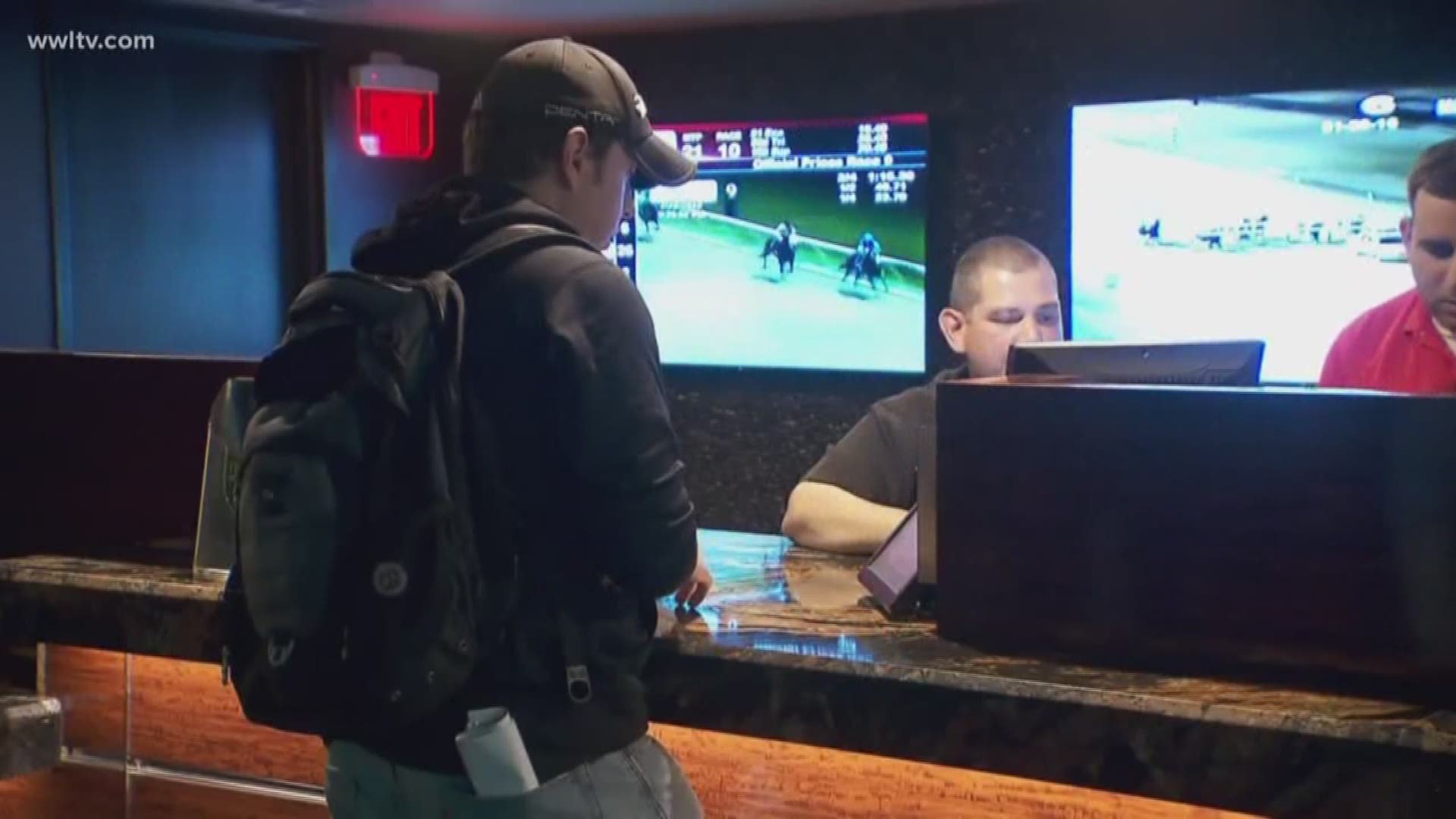For the first time in 25 years states can legalize sports betting, but Louisiana won’t be one of them.
“I wasn’t surprised. I knew it wasn’t going to happen,” Louisiana Senator Danny Martiny said.
Martiny thinks the Pelican state is missing out on huge opportunity.
“It’s the only industry that we do everything to thwart their success and they are one of the biggest money generators in the state.”
Martiny was the point man of Senate Bill 266 that would have allowed sports betting to be legal in potentially 16 locations including casinos and riverboats throughout the state. Now, if the bill was passed, parishes throughout the state would have to approve each betting site individually.
However, that bill was rejected on a 6-3 vote by the Senate Finance Committee who said they were worried the bill expanded gambling.
“Anybody who thinks that killing my bill is going to stop sports betting, you can go right now on your phone or on your computer and place a bet. We’re just not going to get any of the money from it,” Martiny said.
Republican State Senator Gerald Long was one of the votes against Martiny’s bill. His greatest fear is that gambling expansion sends the wrong message.
“I think the question is whether or not we’re going to open Pandora’s box on all forms of gambling. It appears to me that this is the door opener,” Long said.
Some would make the argument however, like former sports executive Arnie Fielkow, that the high court’s ruling, already blew those doors right off.
“I think today’s ruling by the Supreme Court opened the box,” Fielkow said.
In its next fiscal cycle, Louisiana will be facing a $648 million deficit.
So, it makes Fielkow question why the state Senate Finance Committee would turn down multiple pieces of legislation that would help earn the state increased revenue.
“Given that and the revenue needs that we have in our state, and I think it would be hard pressed not to take a hard look at it,” he said.
According to a new report, sports betting could be offered in as many as 32 states in the next five years at places just like Harrah’s casino in New Orleans.
It’s estimated that Americans illegally wager more than $150 billion on sports each year. For now, Louisiana will be missing out and the fear is it’ll be headed next door.
“Now that Mississippi is going to be there, we’re going to lose money because people are going to be more inclined to go to the coast and Beau Rivage and Silver Slipper because they have all that,” Martiny said.
During the Supreme Court hearings, all four major U.S. professional sports leagues and the NCAA begged the federal government to uphold the federal law against sports gambling, urging the court that expansion would hurt the integrity of their game.
However, Martiny isn’t buying that. So, as it stands now, if you want to bet legally on the Saints or LSU this fall, you’ll have to drive to Mississippi because it doesn’t look likely in the Pelican state.
There was a $25 million estimation for a central computer system to monitor sports betting, but Martiny believes it will cost considerably less because they already have a central computer system for the land-based casinos and the river boats.
But the finance committee refused to hear Martiny’s amendment and the billed stalled out there.
Martiny says it could net Louisiana another $25-40 million a year. After the bill passed, each individual parish would have to approve sports betting in their region, which included casinos and river boats.

